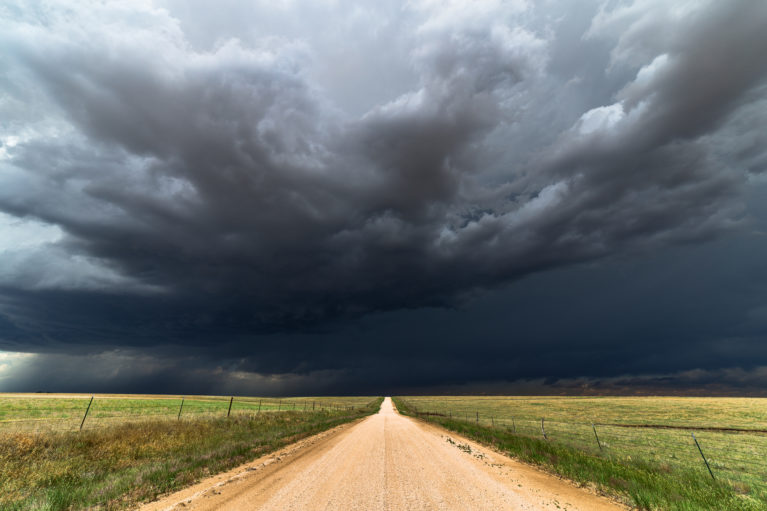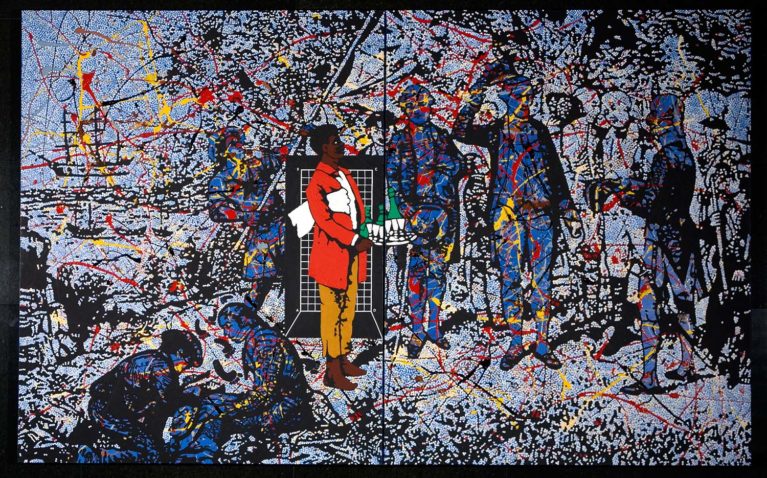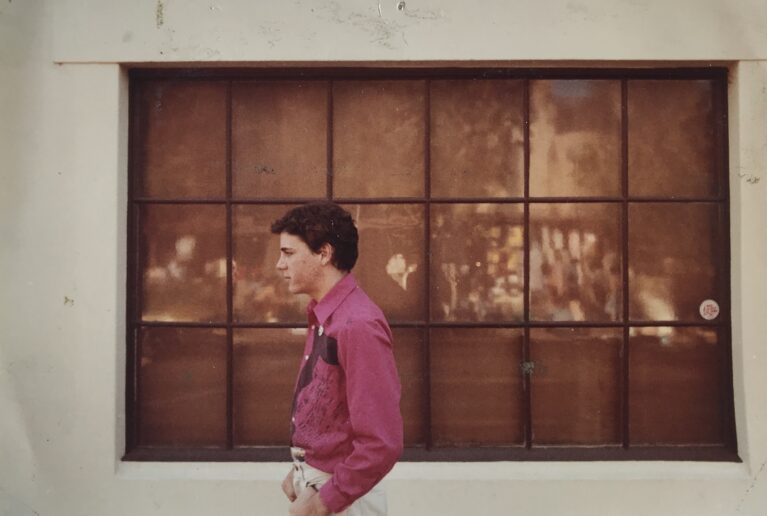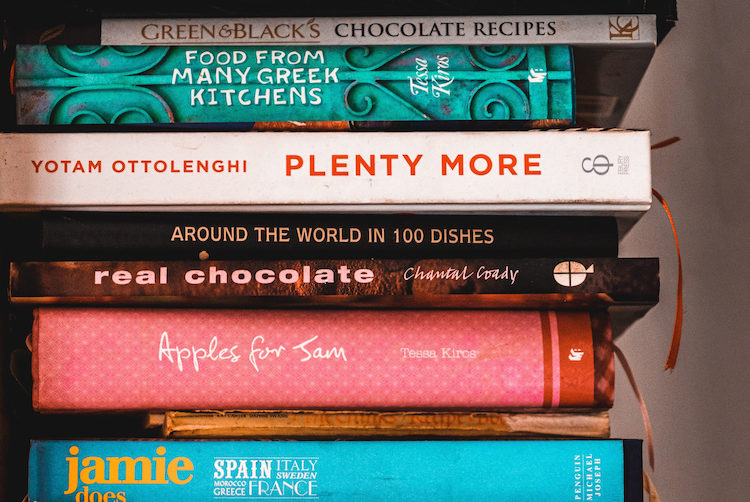Journal
Articles
Dot and Ern
Like the hawk of fabric shears, cockatoo...
Roxy Music Has The Right To Children
The fun people had on TV then! The hair, and not only the hair, but full monster suits.
Run River: An exercise
Little space in this town for dead game. Steal a teal Corvette, hit the drive-in, Find the tatty shop. They serve a fish dish.
Vaudeville
If the magical colours aren’t even across the page, it’s a failure of art according to aesthetes. An obscenity of blues and reds, they say.
The Wrestling of Art
We’re tired of the caged horizon, the canned emotion. But the spectacle of the crimson world is a real slobber-knocker of a struggle.

The watergaw
One of the first poems MacDiarmid wrote, with his new name and his new sense of what was required of his existence, was ‘The Watergaw’. No doubt it came as a bolt out of the blue and required much fastening to the jinker, but it reads like a bit of the earth’s speech. It’s a burn steadily chanting over the brae, as they’d say in his part of the world.

Possession
Bennett chose to excavate representations of colonial history. Old paintings, drawings, stamps, newspapers and textbooks – the kit and caboodle of scenes, images, stories and tropes that, in sum, form something like Australia’s visual common sense. It is just this assemblage that Gordon Bennett sought to unsettle in Possession Island.

Looking for Johnny Burnaway
In suburban Brisbane, Johnny discarded his teenage nickname, Zap, and adopted a new identity: Johnny Burnaway. The name, which he took from a minor character in Anthony Burgess’ cult novel A Clockwork Orange, served as both punk persona and an accurate description of his future.

The empathy machine?
A cursory Google search soon reveals that ‘VR as the ultimate empathy machine’ – as VR filmmaker and proselytiser Chris Milk calls his 2015 TED talk – is not just a niche academic research interest, it’s a movement. And like all movements, it has its prophets and zealots. According to Milk in a 2016 TechCrunch interview, VR promises the ‘democratisation of human experience’.

Tastemakers
I’m still pleasantly mystified by our obsession with food – our need to talk about it, remember it, photograph it and analyse it, to eat our feelings and compare our lives to buffets and boxes of chocolates.

Recipe for success
Fans used to approach my grandmother, Margaret, at events or book signings, professing their adoration and proudly presenting their 1969 yellow-bound original of The Margaret Fulton Cookbook. They’d tell stories about the book’s place in their hearts – it had been given to them when they moved out of home, or when they’d married, or it had been passed through two generations. Margaret would smile sweetly and flick through the pages as though looking for something. Then, often, she would close the book firmly and look mock-crossly up at them (I say ‘up’ because she was usually seated, but was also only just over five-foot-tall). ‘You’ve never cooked from this book. Where are the splatters, the markings of the kitchen, the stuck-together pages?’

Strong food
The principal reason Ju/’hoansi didn’t seek to accumulate wealth or surpluses was because they were confident first in the inherent providence of their environment and second in their ability to exploit it – so they were content to focus their energies on meeting only their immediate material needs rather than on creating or controlling surpluses.